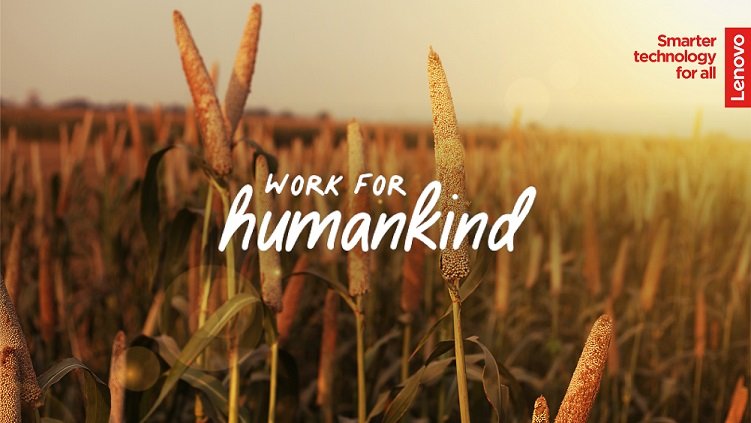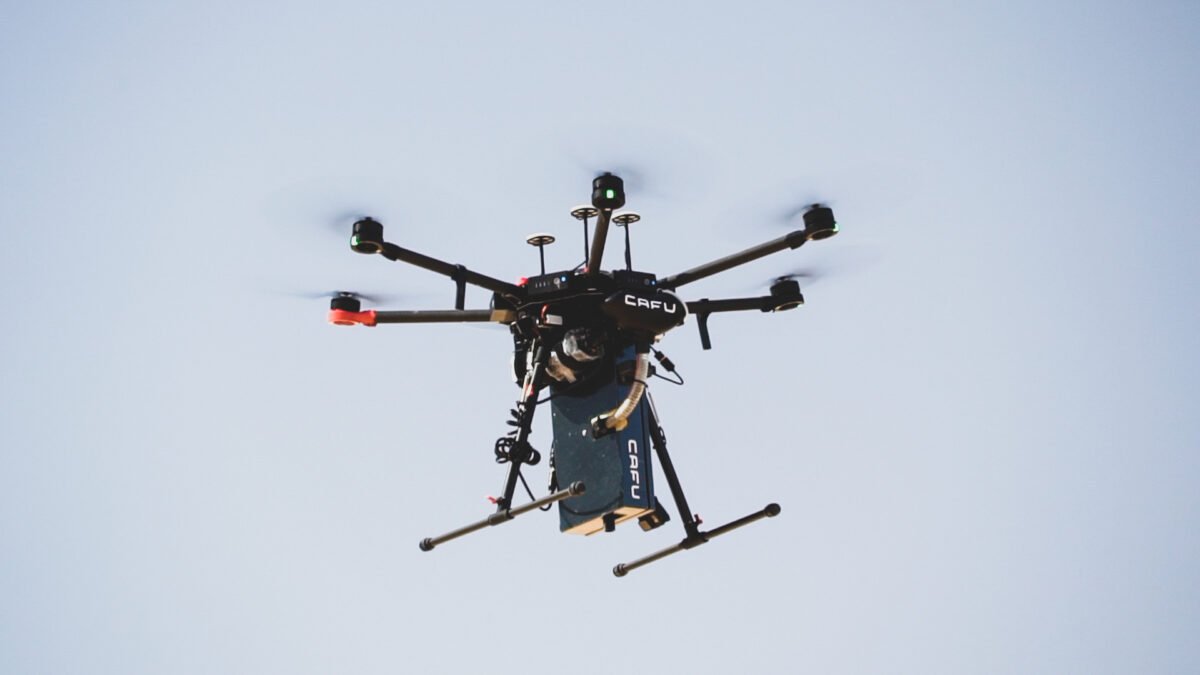Lenovo is setting up the ‘Lenovo Digital Centre for Kanthalloor Millets’ at IHRD College Kanthalloor, the first centre of its kind for the millet farming community.
Following the global success of Lenovo’s Work For Humankind initiative, Lenovo announces the launch of its India edition of Work For Humankind, which will use Lenovo’s smarter technology to revive millet cultivation in the scenic village of Kanthalloor, Kerala. In partnership with Dream India Network and local student volunteers, Lenovo employees will make a long-lasting positive impact on the millet farming community while working remotely from
To revive millet farming practices in this secluded community, Lenovo’s smarter technology will play a pivotal role in improving accessibility, increasing awareness around the benefits of millet farming, and enhancing local farming knowledge and best practices. Market linkages are essential to transforming the millet food system into a profitable and sustainable model that supports rural livelihoods. Building digital inclusion for local farmers is the first step in this direction.
Lenovo employees and student volunteers will collaborate with partners to run an in-depth analysis of the local millet food system and prototype a model to help farmers cultivate millet through sustainable farming practices. By the end of the initiative, the students at the IHRD College will be trained to continue this work and help ensure that insights from this work are correctly used, and that positive changes are long-lasting.
Lenovo employees, student volunteers, agriculture experts, and influencers with diverse skill sets will be chosen to participate in this initiative, supporting the local community in millet cultivation while continuing to work their regular day jobs remotely from Kanthalloor. The project will tap into Lenovo’s broad portfolio from devices such as ThinkPad, Yoga, motorola edge, and tablets to solutions and services like Lenovo’s CO2 Offset Service and cloud solutions. Lenovo is setting up the ‘Lenovo Digital Centre for Kanthalloor Millets’ at IHRD College Kanthalloor, the first centre of its kind for the millet farming community. The centre will be powered by Lenovo’s broad portfolio of cutting-edge devices, services, and solutions. The aim of the Digital Centre, is to become a hub that provides famers with access to critical information and best practices on millet farming, help Work For Humankind volunteers gather data and analyse the impact of implemented solutions, develops early adopters in millet production, and builds awareness for market linkages. Lenovo volunteers will be working to provide digital access to information on government programs and millet cultivation methods to key stakeholders within the local community. This intervention will work towards improving the technological access of the community at large, addressing the overarching challenge of the ‘digital divide’ in the region.
Announcing the initiative launch, Shailendra Katyal, Managing Director, Lenovo India, said, “With India gearing up to become the global millet hub, Lenovo’s Work For Humankind initiative will help Kanthalloor’s farmers to make millet cultivation more profitable and sustainable. By bringing together the right expertise and Lenovo’s cutting-edge tech devices, solutions and services, we aim to mobilize the local community and make millet farming more commercially viable for them. At Lenovo, we are committed to leaving a lasting legacy with the community work we undertake and for the benefits to be felt long after the Work For Humankind initiative is complete. That’s why we are partnering with Dream India Network, Organic Kerala, and the Gram Panchayat in Kanthalloor to bring this vision to life. We are also thankful to the College of Applied Science, IHRD, Kanthalloor, and the Forest Department for their ongoing support of this initiative.”
Dr. Saju Parackal, CEO, Dream India Network, commented, “We look forward to contributing our expertise in developing the infrastructure and agricultural training programs to benefit the farming community in Kanthalloor. Lenovo’s Work For Humankind India program seeks to engage farmers and the local youth, and build awareness of the benefits they can reap from millet cultivation. Access to information on farming best practices that are rooted in science is key to transforming the current food system into one that is commercially viable and desirable. Dream India Network will work closely with the student and Lenovo volunteers to capture learnings on-the-ground and report the progress of the interventions introduced.”
Lenovo is setting up the ‘Lenovo Digital














